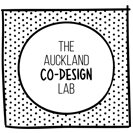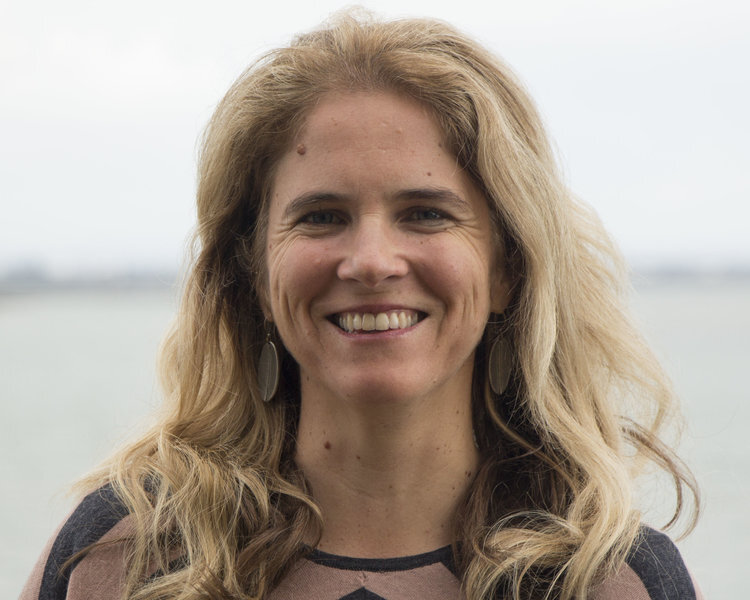The Lab was established in 2015 through the Better Public Services Treasury Innovation Fund with the support of Auckland Council and MBIE. Since 2017 the Lab has been funded via shared ‘membership’ that has included several central government agencies and Auckland Council.
This approach means the Lab is able to bring ‘insider’ public sector understanding but also offer a ‘neutral’ and cross-sector perspective, especially on issues that do not sit with any single organisation or agency.
The Lab is located in South Auckland, nested in The Southern & Western Initiative (TSI and TWI) as part of Auckland Council. The place-based focus of TSI and TWI ensures that The Lab’s work is grounded in the lived experience of whānau and the complexity of how policies interact and play out in practice.
Meanwhile, our connection to both local and central government means that we can leverage learning from the ground to inform strategic change at an agency and system level.













